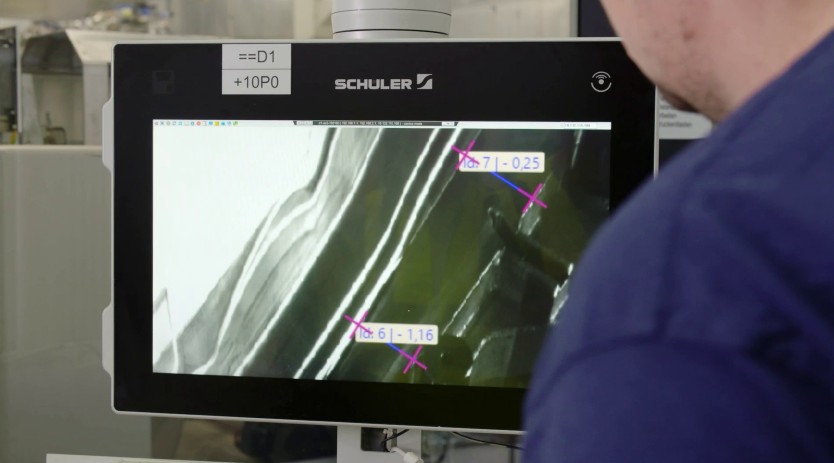Addressing the challenges of the formation water
July 11, 2023 6:52 pm
This article explores the emerging solutions in water treatment, focusing on managing water formation in the oil and gas industry.
The need for sustainable water management has become increasingly critical today due to environmental challenges and a growing global water crisis. Industries, especially those involved in water and wastewater management, face the pressing need to adopt innovative technologies and processes for recycling and reusing water.
Formation water challenges
Formation water, the naturally occurring water found alongside oil and gas reservoirs, poses significant challenges for the oil and gas industry. It contains various contaminants such as salts, hydrocarbons, heavy metals, and naturally occurring radioactive materials (NORM). If not properly managed, the disposal of the formation water can lead to environmental degradation and potential health risks. The current practice of releasing untreated formation water into rivers and streams deteriorates water quality and threatens aquatic life.
Various techniques are being employed to address the challenges associated with formation water management. These include physical separation, chemical treatment, and advanced filtration processes. Advanced treatment technologies play a crucial role in removing contaminants and reducing the environmental footprint of water formation. One such innovative process is Thermal Hydrolysis, which treats wastewater and converts resulting sludge into biogas, generating usable fuel while reducing waste.
Wonder mixture formulation
The transformative journey toward sustainable water management relies on the expertise of engineers and scientists. Driven by the need for advanced filtration systems, researchers at the Institute of Advanced Study in Science and Technology, led by Dr. Arundhuti Devi, have made significant strides in treating formation water using a green approach. Through meticulous experimentation and studies, they have developed a formulation consisting of plant-based biomaterial, biosurfactant, secondary metabolites of microbes, and NPK fertiliser. This ‘wonder mixture’ efficiently restores formation water, making it reusable and environmentally friendly. The team’s efforts have resulted in filing an Indian patent, recognising the potential of their innovative solution to prevent pollution and contribute to the green revolution.
Treatment technologies benefits
The adoption of advanced treatment technologies and the emphasis on recycling and reusing formation water bring several benefits. Firstly, it reduces the demand for freshwater resources, easing the strain on already stressed water supplies. Secondly, it minimises the environmental impact of the oil and gas industry by mitigating water contamination and preserving aquatic ecosystems. Thirdly, the treated formation water can be used for agricultural and industrial applications, contributing to sustainable practices and supporting the ever-growing food demand.
Amidst the pursuit of innovative solutions, worker safety and industrial hygiene remain paramount. Handling formation water requires strict adherence to safety protocols, including appropriate personal protective equipment, training programs, and regular monitoring. Potential risks associated with formation water management can be effectively mitigated by prioritising safety measures. In summary, water scarcity and environmental concerns have prompted a paradigm shift in water and wastewater management. The urgency to adopt innovative filtration technologies and processes drive the industry towards sustainability and collective commitment to safeguarding water resources.
The treatment and reuse of formation water and advancements in water treatment technologies exemplify the potential for a more sustainable future. By embracing these solutions and placing importance on worker safety, industries can effectively address the challenges of formation water and contribute to a greener tomorrow.
The crux of the matter is – sustainability and a collective commitment to safeguarding the most precious resource – water.
Source: dst.gov.in
Contact details: Dr. Arundhuti Devi, Assoc. Professor, Advanced Study in Science and Technology; arundhuti@iasst.gov.in
Cookie Consent
We use cookies to personalize your experience. By continuing to visit this website you agree to our Terms & Conditions, Privacy Policy and Cookie Policy.

















